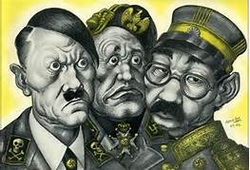
I don’t remember the beginning of the Second World War. As I came to consciousness, it was just there, part of what was. I did not recall a time when there was no war. Always
Germany was bad. Japan was bad. Italy seemed oddly mixed. When we kids would play war games, the enemies were always Tojo, Hitler, and Mussolini. We’d shoot
them and they’d fall down. No doubt anticipating Quentin
Tarantino!
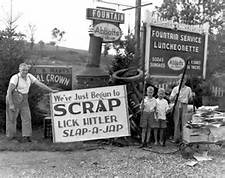
would remove the paper from and wash out tin cans and I learned how to use the can opener to take out the bottom of the cans and then step on them and squash them flat for recycling. How did they get to the next stage? Did somebody come by to pick them up? That part of it has vanished. (And in my cynical old age I wonder: was that metal important? Or was it just a brilliant mechanism to engage the populace?)
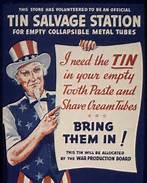
All sorts of things were saved to Help Our Boys Overseas! I can remember that we would peel the tinfoil off chewing gum wrappers and save that. My daddy being a country storekeeper, I found lots of discarded wrappers to peel.
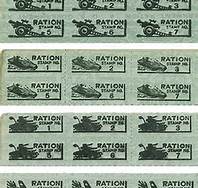
they came in and it was most interesting to me that my father had to collect them in our country store as part of the payment for certain items. I remember signs posted in the store, usually with Uncle Sam pointing a finger, about rationing as well as his need for YOU! What with Prohibition being over, alcohol was rationed along with other items. We never used the alcoholic beverage ration
stamps: they were saved for Mr. Will Lunsford, who lived at Umbria, the big neighboring plantation, who had cancer and was in pain and alcohol helped.
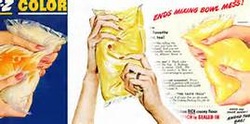
in the corner that you crushed with your fingers to release the yellow food coloring and then you squeezed the packet over and over between your hands to make the color uniform. That was real fun.
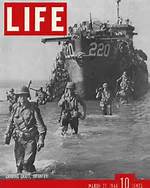
airplanes would fly over. She thought bombs would fall. Me, I was more excited by the prospect than frightened.
I remember listening to war news on the radio with my parents. It was serious and exciting. Better than The Hit Parade and the stories. Life Magazine and newspapers were filled with war photographs, and before I could read I loved looking at them. (I remember that when I realized the war was over, I fretted because I thought that the newspapers and Life would all close down because there was no war to keep them going.)
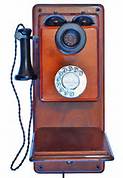
parents would check with the phone company to get the toll so it could be
charged to the customer. If someone called long distance person-to-person, my
father would inform the operator that the party would be available at a certain
time, and then he would send word or himself drive to the person’s home to have him or her by the telephone at the designated time. If somebody made a call or the phone rang, it was serious. If the telephone rang late at night, we could hear it in our house next door, and my father would put on his robe and go across to answer it. Good news, you wrote. Bad news, you called. Or sent a telegram. “We regret to inform you” telegrams from the War Department would be received in the telegraph office in Greensboro, and the operator would call my father with messages for people served by his post office. On occasion I would accompany my father when he delivered sad news to families.
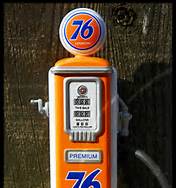
because we did have a gasoline pump in front of the store, or possibly because as postmaster my father got a supplemental ration. You could get three gallons and some for a dollar, not that most of our customers ever could afford that much at one time. Certainly we made it to Sunday school and church (First Methodist Church of Greensboro) after which we would have Sunday dinner at my Grandmother's house. Frequently we would go to the movies after Sunday dinner (Sunday movies were always good) and then return to Grandmama’s for supper (whatever was left over from lunch had been left sitting on the table
for just that purpose). Afterwards we'd attend the evening church service. Sunday was an all-day affair!
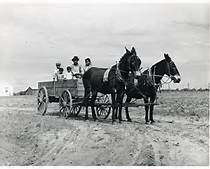
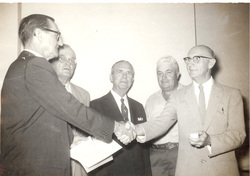
young for the first war and too old for the second, was spared from service, although he did contribute by serving on the Selective Service (or Draft) Board. (That's him, on the right, receiving a commendation for his service when the war was over.) The Draft Board met in Akron over Mr. Will Ramey’s drug store. My father would let me accompany him, and when I got bored upstairs Mr. Will seemed delighted to have me come down and sip cokes while sitting on those old drug store chairs with the curved metal backs and reading comic books from the rack.
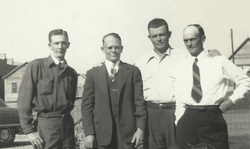
I believe that Uncle Porter served primarily in the Pacific, which led to his and Aunt Agnes relocating to Long Beach, California. His specialty was operating large cranes, a talent much needed on the Pacific islands. I can recall military mail from him to the folks at home, mostly to my grandmother, and whenever she got one she would share it with the rest of the family. I was fascinated that military mail looked so different from regular mail. And of course I remember the starred flag that my grandmother was allowed to display in a front window because her son was in the Service.
Uncle Jimmy went into the Army, and I believe most of his service was in Germany at the very end of the war.
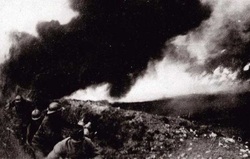
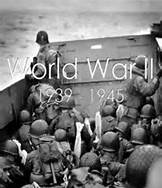
curtailed so that my mother and father and attendant company could take care of Little Jonathan. When I came to, I couldn’t figure out what that particular part of the excitement was all about.
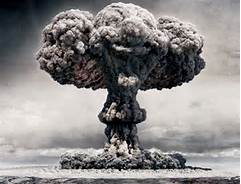
And I remember the pictures of the liberation of the German prison camps. So many naked people, some of them dead, but they looked so pitiful that their being naked didn’t matter. And so thin. I remember a fascination and a horror, not the thrill of bombs. It made me feel bad and not excited like the bombs and tanks did.
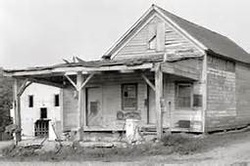
when it was first built, sold it to my Uncle Murray (Martin, a cousin on the May side who had married my mother’s middle sister). When Uncle Murray moved his business there, he closed his old building down as a functioning store. Electricity and
refrigerators brought about the end of the old ice house, and that small building behind the juke joint disintegrated. Mass-produced corn meal and grits available at affordable prices made George Springer’s old grist mill, directly across the highway from our house, no longer necessary or viable. Isom Mosely became too old to continue his blacksmith’s shop just across the railroad tracks, and with fewer wagons with wheels needing repairing and fewer mules to be shod, there was no reason for anyone else to try to keep it going. Increasingly, log trucks supplanted the railroad as the means for transporting paperwood from the area, and in not too many years the railroad depot was closed, and later the trains were no longer running at all and even the tracks themselves were pulled up.
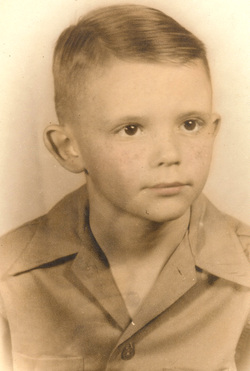
But at least I got to experience Sawyerville in its prime! It
really was a wonderful place to grow up.
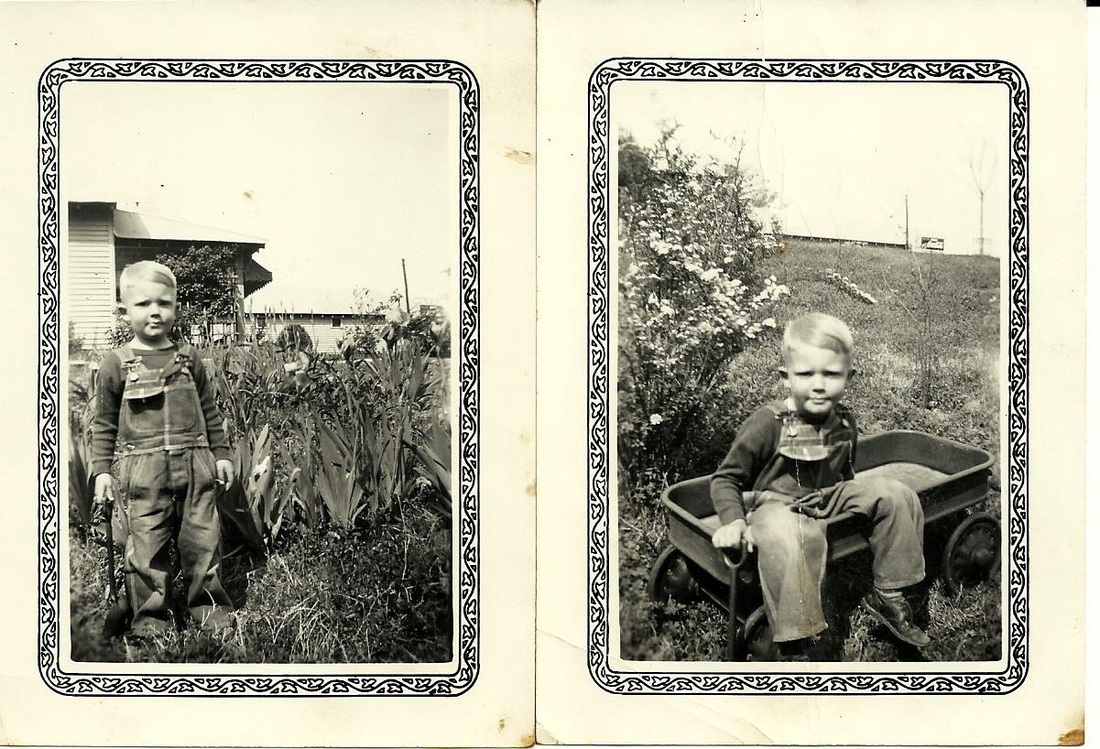
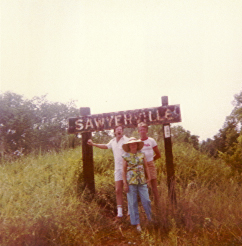
 RSS Feed
RSS Feed